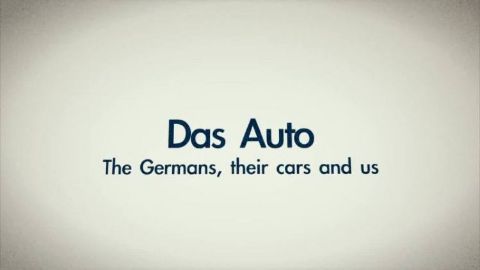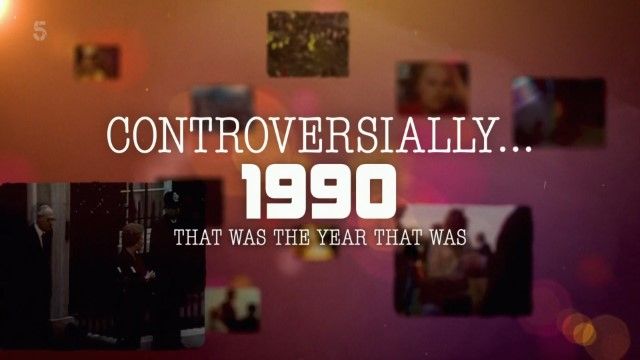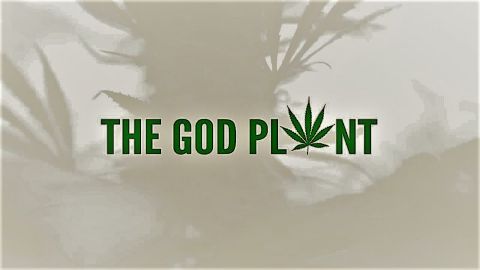You might also like
Documentary examining Germany's economic power and the automobile industry at the heart of it. Across the world, the badges of Volkswagen, Audi, BMW and Mercedes inspire immediate awe. Even in Britain, where memories of Second World War run deep, we can't resist the appeal of a German car. By contrast, our own industry is a shadow of its former self. Historian Dominic Sandbrook asks what it is we got wrong, and what the Germans got so right.
2013 • Economics
Jan Leeming narrates a look at controversies, scandals and surprises in TV, film, music and politics from 1990, when Mark Fowler rocked Walford with a dramatic return to EastEnders and a sitcom about Adolf Hitler was pulled off air after just one episode. The Poll Tax riots caused chaos on the streets of London and it was the end of the road for Britain's longest serving prime minister when Margaret Thatcher resigned. Heavy metal band Judas Priest were accused of hiding subliminal messages in their songs, and pop duo Milli Vanilli's career came to a dramatic end when it was revealed they were nothing more than a mime act.
S1E5 • Controversially: That Was the Year that Was • 2023 • Economics
Tells the extraordinary story of his controversial six-year rule, and how he set about transforming China into a tightly controlled state where loyalty to the Communist Party appears to be valued above everything else.
S1E1 • China: A New World Order • 2019 • Economics
This documentary seeks to be the ultimate Odyssey of exploration into Cannabis and its uses starting from the formation of the Endocannabinoid system in the simple sea squirt, through to its early uses, the plant's medical benefits and landing at the modern legalisation movements across the Globe. Where the billions generated in tax could be re-invested back into hospitals, roads, fire departments, scientific research, community projects and the list goes on.
2018 • Economics
Thirty-five years of relentless propaganda and harsh brutal punishments left the Chinese people living in fear of their country's one-child policy. That rule, which was abandoned in 2015, has left the country with an ageing population and tens of millions more men than women. The documentary's directors, Nanfu Wang and Jialing Zhang, unmask the tightly held, hidden secrets of how the Chinese government enforced its one-child policy and explores its devastating effect. Wang, a new mother now living in the US, travels back to the rural village she was born in and speaks to midwives, village leaders and journalists, revealing chilling stories of forced abortions, sterilisation, abandoned babies and state-sponsored kidnappings. Her own family share the grim choices they were forced to make in order to avoid harsh punishments from the state. With new information on tens of thousands of abandoned and kidnapped children (nearly all of them infant girls), One Child Nation breaks open decades of silence on a vast, unprecedented social experiment that shaped - and destroyed - countless lives.
Storyville • 2019 • Economics
Professor Renata Salecl explores the paralysing anxiety and dissatisfaction surrounding limitless choice. Does the freedom to be the architects of our own lives actually hinder rather than help us? Does our preoccupation with choosing and consuming actually obstruct social change?





